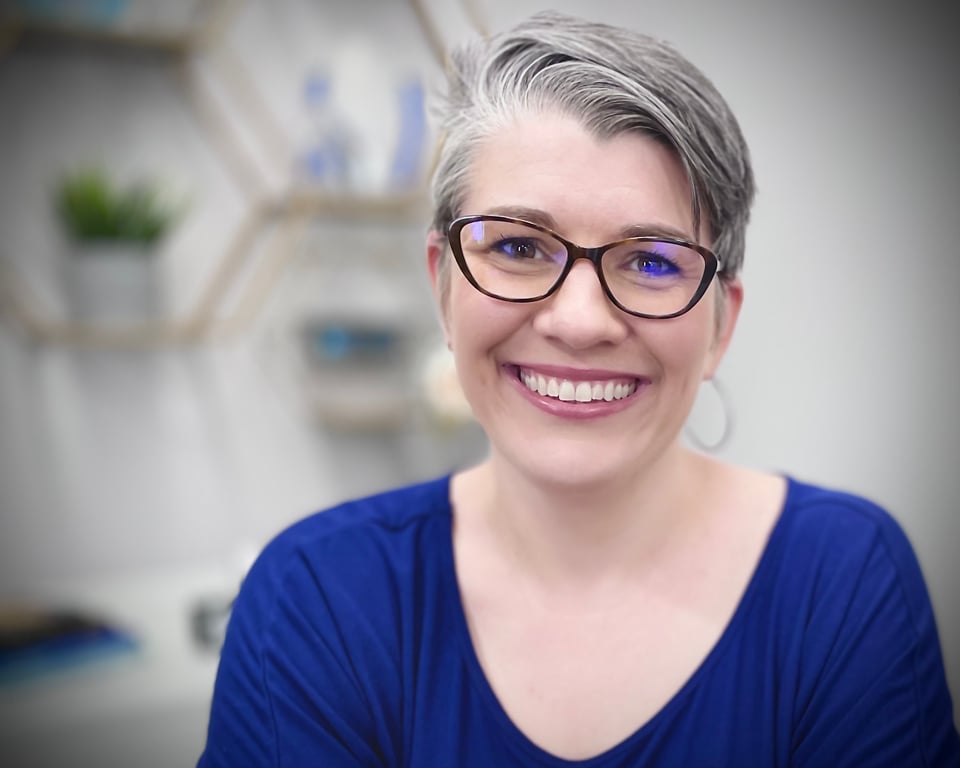A cuppa with Andrea Goulet
What’s been happening?
2024 workshops are sold out!
The back half of the year is booked up with so many clients for our workshops that our next available public workshops are not until 2025.
Leading Engineering Teams is next available February 24–27, 2025, and the next Empowering Individuals for Team Success will be March 24–26, 2025.
Elle spoke at Tech Leading Ladies August meetup
This last Wednesday, Elle presented at the monthly Tech Leading Ladies meetup, alongside Deanna Hood. Elle’s talk was about overcoming communication failures, shaping intentions and balancing thinking with doing. In the Q&A that followed, we discussed handling misalignments at work, running effective retrospectives, and giving feedback to peers. It was a lot of fun.
What are we reading?
On Being Lost – Simon Wardley finds his business strategy by following Sun Tzu
Don't ask someone to file a ticket – Boris Berenberg explains why the classic response isn’t useful in the moment, and what we should do instead.
Privacy Labour – Eamonn O'Brien-Strain points out the W3C's recently published Privacy Principles has a section on "privacy labour".
ADHD and the Adrenaline Response Cycle – A 37-minute podcast episode examining a common ADHD behaviour that often gets in the way of change; that of delaying action until urgency forces a response.
Change, Technically – Ashley Juavinett, PhD and Cat Hicks, PhD have launched a podcast where they explore technical skills, the science of innovation, STEM pathways, and our beliefs about who gets to be technical.
A cuppa with Andrea Goulet

1. What do you do? And what do you like about your work?
Since 2009, I’ve been exploring how empathy and effective communication impact code quality. I co-founded and was the CEO of Corgibytes for over a decade. I recently stepped into a more advisory role to focus on writing my book, Empathy-Driven Software Development and launch our sister organization, Heartware. I’ve also founded two online communities, Legacy Code Rocks and Empathy in Tech. I regularly keynote at conferences about how empathy is a technical skill and have trained over 80,000 students through my online courses.
2. What aspect of your work do you find most challenging?
Right now, it’s writing the book. It’s hands down the hardest thing I’ve ever done in my life, and I’ve done some hard things! The biggest challenge is the fixed format with limited visuals. With my talks and courses, there’s immediate feedback that I can use to improve the next iteration. In a book, it can take hundreds of words to convey the same idea that I can share in just a moment by explaining a slide. I’m also developing original models that are built on deep research, so it’s taken time to follow the footnote trails and review as many primary resources as I can.
3. What are you passionate about?
Demystifying empathy. Right now, we tend to think of it as a kind of psychic ability, but upon closer examination, it’s a complex, dynamic, and adaptive system. We can leverage engineering principles, such as entropy, to understand and implement empathy so we can work together to solve problems faster.
4. What are recent accomplishments you are happy with?
I was recently invited to give a lecture at the Princeton Plasma Physics Laboratory, where they’re working on developing fusion technology that is “clean, safe, and virtually limitless.” There are also some people who I deeply respect in the Test-Driven Development space who have reached out to offer support and technical reviews of my book. It feels really good to know my ideas matter and are making an impact. That’s my biggest motivator.
5. What is one mistake that you will never make again?
I’ve reframed the way I think of mistakes. Failure is the path to learning, so all the mistakes I’ve made have led me to where I am today. One of the most significant things I’ve learned is to think of criticism as a gift. When people point out problems with my work, my gut reaction is to get defensive and tell myself they’re just trying to tear me down. What I’ve found is that more often than not, is that people are trying to help make my ideas stronger.
6. How do you manage stress?
I love watching science and nature documentaries. Twice a week, my kids and I have a “snugglefest” to watch one. Our favourites are Nova and Nature. I also love painting realistic watercolour and hiking.

7. What is the best advice you can give?
Get in the habit of reconsidering your instincts. People who habitually pause and reassess their situations tend to experience more positive emotions, better well-being, and higher levels of life satisfaction. They also tend to have closer relationships with their peers, are more liked by others, and receive more social support. This is the foundation of my book, where I give a structure in how to do this with a balanced form of empathy.
Collect — How prepared am I to consider another perspective?
Connect — How attuned am I to another perspective?
Communicate — How should I optimise my communication?
8. What one thing would you change about our society?
Empathetic communication coupled with cognitive diversity, which I call productive conflict. From the research I’ve done, I’m convinced this is how we will solve the hard and complex problems we’re faced with.
9. What are your goals or aspirations for this year?
Finish the book, speak at more conferences, and work with more organisations to help them operationalise technical empathy.
And we’re out
Thank you for showing an interest in our newsletter and we hope that you enjoyed the read. Feel free to contact us if you have any feedback, a burning question, or just a recipe that you would like to share.
Until next time, keep learning!
Everyone at Blackmill